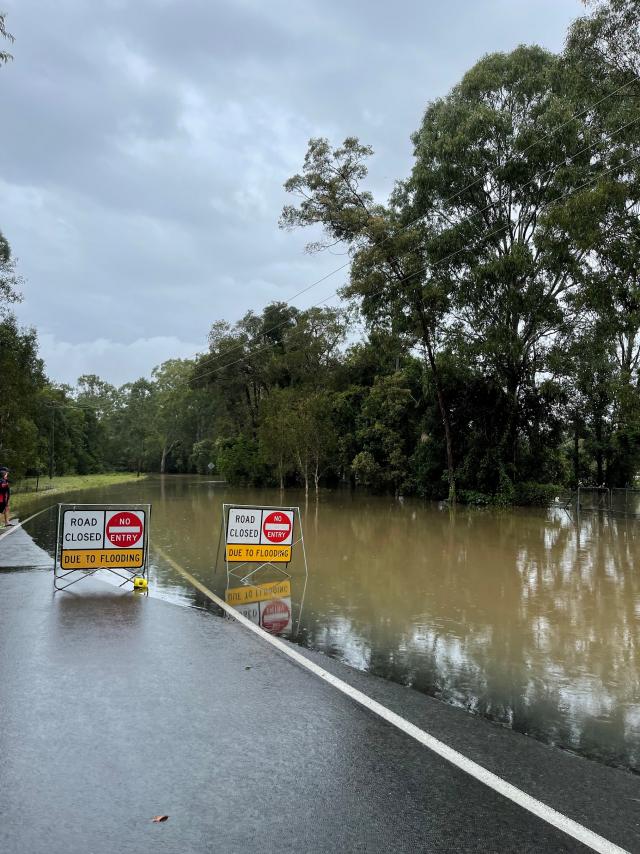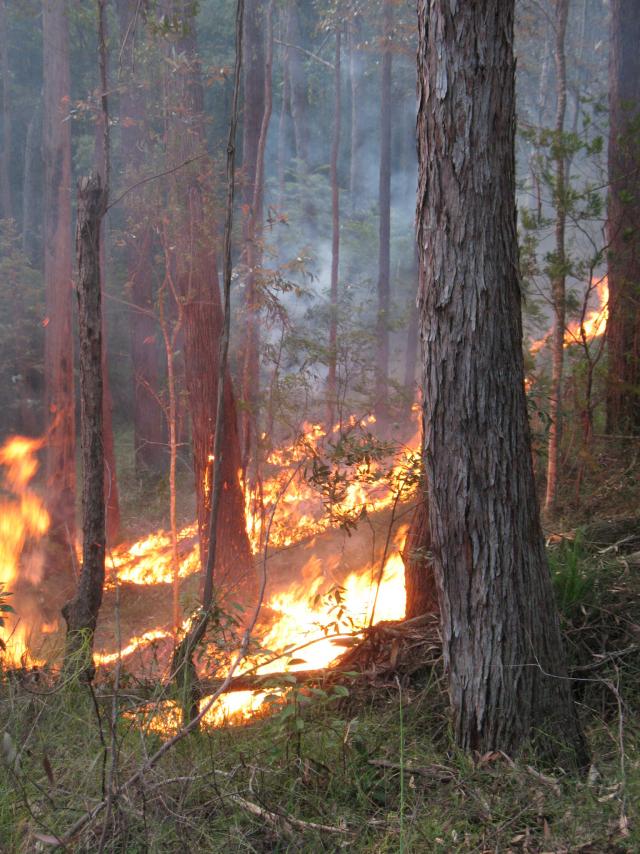What happens when climate change-driven storms, floods, bushfires and other extreme events cause failures to our critical power, roads, water and telecommunications networks?
A ground-breaking joint project between Sunshine Coast and Noosa Councils aims to shed light on how these impacts cascade through our economy and our communities, with two positions now open for qualified candidates to help lead the investigation.
In recognition of the urgent response required in the face of a changing climate, Sunshine Coast Council and Noosa Council have again joined forces under the Queensland Reconstruction Authority’s Queensland Resilience and Risk Reduction Fund 2022-23, to further future-proof our region in the $1.1 million Sunshine Coast and Noosa Regional Critical Infrastructure Failure and Cascading Climate Risks Project.
Sunshine Coast environment portfolio Councillor Maria Suarez said floods, bushfires, heatwaves, droughts, coastal erosion and storms were becoming more severe and frequent due to climate change.
“Last year’s flood event and the 2019-2020 bushfires have made it clear that climate change is already impacting our livelihoods, lifestyles, natural environment, assets and infrastructure and our health and wellbeing,” Cr Suarez said.
“This vital project aims to explore how impacts can compound when critical infrastructure such as power, water, waste management, roads and mobile networks fail, causing a chain of flow-on effects across multiple sectors.
“For example, if severe flooding causes damage to a major bridge and transport options are limited, this impacts our ability to maintain other infrastructure and also impacts commuters, freight, and emergency services, which in turn causes a suite of economic and public health consequences.”
Noosa Mayor Clare Stewart said joint projects such as this were essential to ensure the regional infrastructure network was resilient to climate impacts.
“Our communities rely heavily on energy, water, sewerage, health, transport and communication systems in order to function day to day,” she said.
“The failure of these systems during climate events – which are likely to occur more frequently, more intensely, for longer, and affect larger areas – causes enormous disruption.
“Understanding how critical infrastructure systems are likely to be disrupted during climate events enables us to prepare and take steps to boost our resilience to the changing climate.
“The science is clear. Climate change is no longer a problem of the future – the impacts are here and affecting us now. We are grateful and excited to be continuing our partnership with Sunshine Coast Council on this regionally significant project,” Mayor Stewart said.
The project builds on the successful outcomes of the Regional Climate Action Roadmap, which the Councils jointly developed over the past two years to test the State Government’s Climate Risk Management Framework.
As part of this project, the Councils are jointly advertising for two strategic project officers to lead the regional investigation on behalf of each Council. This exciting opportunity will strengthen the partnership between the two local governments and continue to place the region at the forefront of responding to climate change impacts.
Noosa Council will lead the recruitment process. For further information on the advertised positions and to apply for this cutting-edge climate risk reduction work, visit the recruitment portal.
To read the Regional Climate Action Roadmap and register for updates on the regional collaboration, visit the project website.








